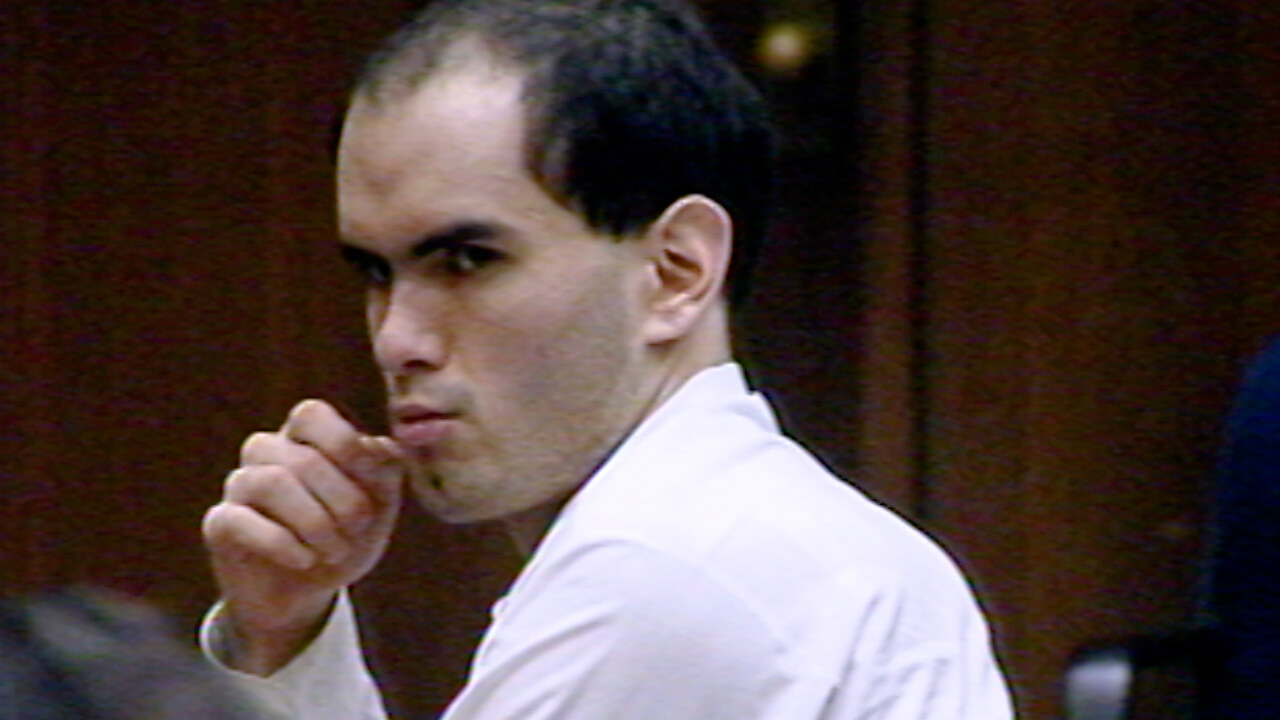The Mad Fan: The Untold Tragic Story of ‘My Sister Sam’ Actress Rebecca Schaeffer
Rebecca Schaeffer, the young aspirant whose name piqued the television audiences’ interest through the popular CBS sitcom ‘My Sister Sam’, fell victim to an unfortunate event at the hand of an unrelenting fan, Robert John Bardo. Bardo first spotted the budding starlet on a TV commercial back in 1986, and he began tracking her professional journey with insatiable fervor. His pathological obsession culminated in a fateful encounter at Schaeffer’s residence where he ended her life on July 18, 1989. At such a tender age of 21, on the precipice of a significant career leap, the promising actress found her life tragically cut short by the violent act perpetrated by an obsessed fanatic.
The oblivious Schaeffer became an object of infatuation for Bardo, who had been sending pervasive amounts of fan mail, even making multiple visits to the Warner Bros. Studio lot in hopes of a meeting. Harnessing loopholes within regulations, he managed to obtain Schaeffer’s personal whereabouts from the Department of Motor Vehicles records through a private investigator. Armed with his ill-found information and a deadly firearm, Bardo rode a bus straight to Los Angeles, aiming to shockingly bend fate’s course.
While Bardo was making his move, Schaeffer was enthusiastically expecting the delivery of a script for ‘The Godfather Part III,’ a role she was leading. That night she was scheduled to meet with the legendary Francis Ford Coppola, a meeting she never made as her path ominously crossed with Bardo.
The actress was born in Oregon in November 1967, where she initially resided in Eugene before moving on to Portland. Her parents, Danna and Benson, noticed their only child’s intellect at a very tender age, and this built a tight-knit family dynamic. Schaeffer developed a keen interest in the performing arts from an early age, a passion that her parents supported unflinchingly.
At the age of 14, Schaeffer was discovered by a modeling agency. Instead of returning to Oregon, she took the decision to hang back and foster her budding career, fully supported by her parents. Japan saw her first modeling stint, before landing a recurring role in the soap opera ‘One Life to Live’. It was in 1986 when Schaeffer earned a career defining role in the CBS sitcom ‘My Sister Sam’, catapulting her into the limelight.
After moving from her family home to a West Hollywood apartment, Schaeffer tried to maintain a low profile, as advised by her agency. This attempt to maintain anonymity could not save her from the grimmest of fates, ironically pronounced by her driving license.
Parallel to Schaeffer’s ascent to stardom, Bardo, a troubled 19-year-old was leading a stagnant life in Tucson, Arizona. He had dropped out of high school and was working as a janitor at a local fast-food joint. With a series of arrests under his belt within a span of past 18 months, his issues culminated in a court-mandated counseling program due to charges of disorderly conduct and domestic violence, a mandate he never fulfilled.
Without any future avenues, Bardo filled his idle time with television. The summer of 1986 marked his first encounter with Schaeffer through a commercial of ‘My Sister Sam’, triggering the inception of an obsession that would last for years.
After his first sighting via the commercial, Bardo meticulously followed Schaeffer’s public appearances, amassing an archive of recordings. He regularly wrote fan letters to Schaeffer, fueling his unhealthy infatuation.
Bardo recalled an instance where Schaeffer replied to his mail, which served as a spark to his already raging obsession. In the summer of 1987, he made his first attempt to physically meet Schaeffer during her work at the Warner Bros Studio.
On the ill-fated morning of July 18, 1989, as Schaeffer anticipated the arrival of ‘The Godfather Part III’ script, Bardo managed to find his way to her apartment. He rang the bell, and Schaeffer, perceiving the script delivery, greeted him at the lobby door.
Following a brief exchange where Bardo showcased a signed photograph from Schaeffer herself, she requested him to leave, informing Bardo of her impending interview. Feeling disheartened, Bardo relocated to a nearby diner to reassess his plan.
Schaeffer’s life tragically ended with her questioning ‘Why?’ as her neighbors discovered her in the lobby. It didn’t take authorities long to apprehend Bardo and charge him with first-degree murder.
Bardo was ultimately found guilty of first-degree murder with the caveat of having been lying in wait, sentencing him to lifetime incarceration without parole in December of 1991. Following these shocking events, anti-stalking laws were introduced in California, profoundly influencing the standard protocols and practices of Hollywood. Now housed in Avenal State Prison, Bardo, in his 50s, has reportedly accepted responsibility for his actions, sharing his perpetual guilt and regret over the irreplaceable loss of Rebecca Schaeffer.

